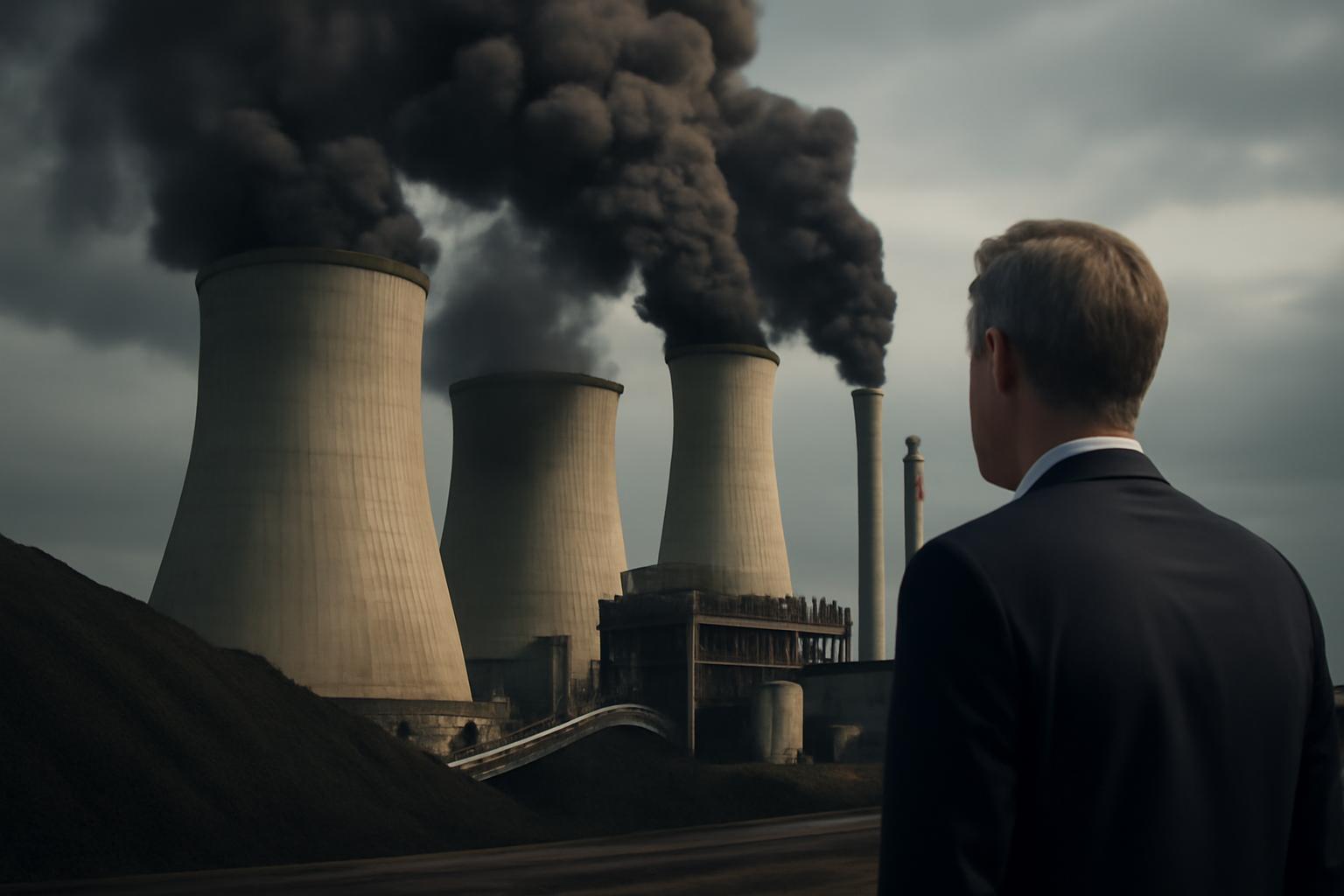World leaders are once again under sharp scrutiny after a new report revealed a widening gap between their pledges to cut climate pollution and the reality on the ground. The “Production Gap 2025” report, published by the Stockholm Environment Institute along with several international partners, shows that major fossil fuel producers plan to increase coal, oil, and gas output until 2030. These findings underscore how the Paris Agreement’s goal to limit global warming below 1.5 degrees Celsius is slipping further out of reach.
The report highlights that projected fossil fuel production for 2030 is more than double the safe level compatible with the 1.5-degree pathway. This figure is worse than previous warnings that already raised alarm among the global community. The main driver is China’s decision to slow down coal production cuts, even though coal is the dirtiest fossil fuel in terms of climate pollution.
According to the authors, the global “production gap” has now widened to 120 percent above the 1.5-degree pathway. In 2023, the gap stood at about 110 percent. In just two years, there has been no sign of serious cuts in fossil fuel dependence. Instead, new policies have prolonged coal assets and boosted investments in gas projects.
Promises and Realities in Conflict
The contradiction between lofty pledges and real policy is evident. Many heads of state have repeatedly reaffirmed their commitment to lower emissions. Yet, short-term energy security concerns have pushed governments to pour billions into new oil and gas projects.
In the United States, reports revealed that the government has pressured the World Bank to expand financing for gas projects. Analysts see this as contradictory to the country’s Paris-aligned goal of reducing emissions by 43 percent by 2030. Climate Action Tracker estimates the U.S. is on track to meet only around two-thirds of its 2030 target without stronger policies.
Other producing nations are taking similar steps, relying heavily on fossil fuels for economic stability. Post-pandemic financial stress and ongoing geopolitical tensions have made many governments view fossil projects as quick fixes, even though such moves undermine long-term climate goals.
Global Consequences Becoming Clear
The Production Gap report comes as countries prepare their new Nationally Determined Contributions (NDCs) for 2025. These documents serve as each nation’s official commitment to reduce emissions. But if fossil fuel production plans remain unchanged, the chances of reaching peak global emissions before 2025 — as mandated by the Paris Agreement — will be nearly impossible.
The International Energy Agency (IEA) also projects that global oil demand will still rise by about 700,000 barrels per day in both 2025 and 2026. This data shows that clean energy transition is progressing far too slowly. With such trends, cutting emissions by 43 percent by 2030 — the crucial threshold to keep warming below 1.5 degrees — is slipping away.
For businesses, the implications are immediate. Prolonged reliance on fossil fuels risks creating stranded assets as climate regulations tighten. Global investors are also shifting portfolios toward renewables, meaning companies that fail to adapt may face sharp declines in market value and reputation.
Urgent Calls for a Change of Course
Environmental groups warn that time is running out. “If this fossil fuel production trend is not reversed immediately, climate targets will move permanently out of reach,” one lead author of the report stated. The authors called for bold policies that directly restrict approvals for new coal, oil, and gas projects, while rapidly scaling up renewable investments.
Observers argue that the ongoing 80th United Nations General Assembly in New York should serve as a turning point. The high-level meetings provide an opportunity to pressure producers into aligning their actions with their promises.
For developing countries, financing remains the biggest barrier. Without tangible support through technology transfer and climate funding, many of them cannot shift away from fossil dependence. Strengthening financial commitments from wealthy nations will therefore be critical to determining the global policy trajectory in the years ahead.
The report underscores a stark paradox in global climate politics. Leaders promise to protect the planet, yet their policies fuel more fossil energy production. If this path continues, the risk of warming beyond 1.5 degrees becomes inevitable, bringing devastating consequences for human societies.
For readers who want to explore further, check related articles on Olam News such as “The Role of Renewable Energy in the Global Transition” and external resources like the official UNFCCC website for comprehensive emission target analyses.






